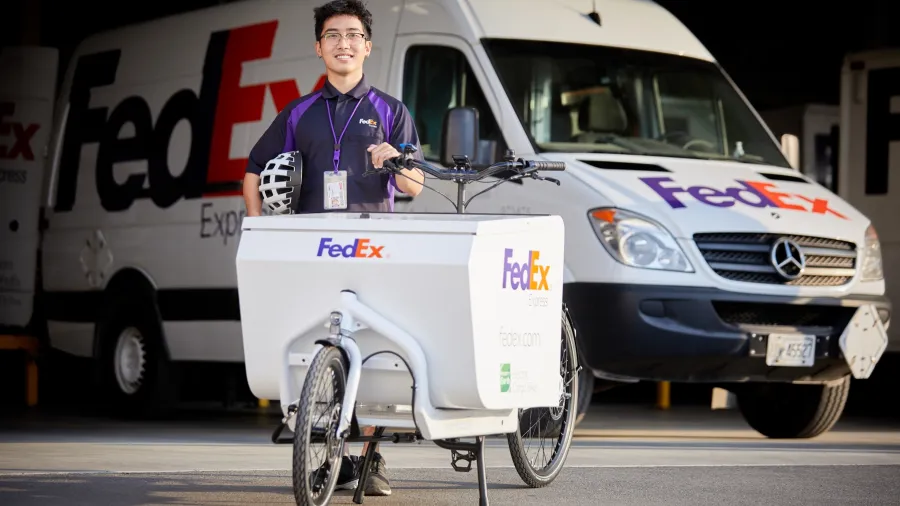
Around 6 in 10 AMEA consumers expect sustainability in online shopping
They are interested in sustainability as much as they are in delivery speed.
Around 63% of the respondents from the Asia Pacific, Middle East and Africa (AMEA) region indicated an interest in the sustainability of the online shopping process as much as they want to receive their goods quickly.
In the What's Next in E-Commerce Survey report, FedEx Express found that consumers in Vietnam, Thailand and South Korea prioritise sustainability over delivery speed, whilst customers in Taiwan, Hong Kong and Malaysia focus on delivery lead time.
In Singapore, around 75% of small and medium enterprises (SMEs) believe that customers are more interested in delivery speed and cost over sustainability but 75% of the consumers expect sustainable e-commerce from the companies they purchase from.
Over six in 10 consumers in Singapore also cited environmental, societal, and governance (ESG) policies as the differentiation point when choosing where to buy.
READ MORE: Southeast Asia’s e-commerce sales to reach $166b by 2026
Around four in five consumers in the region also expect e-commerce companies to pursue sustainable business models, and seven in 10 prefer buying from companies with an effective ESG strategy. However, only 29% of SMEs have one.
SMEs recognised that consumers expect them to be sustainable but around 68% either fear associated costs or are unconvinced that their investments will return.
“Sustainability is no longer an optional extra for SMEs interested in expanding their e-commerce businesses. Consumers increasingly see it as an essential and non-negotiable part of their decision-making process,” said Kawal Preet, president of AMEA at FedEx Express.
“SMEs can make an immediate difference by thinking about the logistics connecting their supply chain all the way to the end-consumer. At FedEx we’re already taking tangible steps to mitigate the impact of delivery on the planet,” Preet said.
The survey conducted by Harris Interactive in July involved 11 markets including, Australia, Hong Kong, India, Japan, Malaysia, Philippines, Singapore, South Korea, Taiwan, Thailand and Vietnam.



















 Advertise
Advertise







